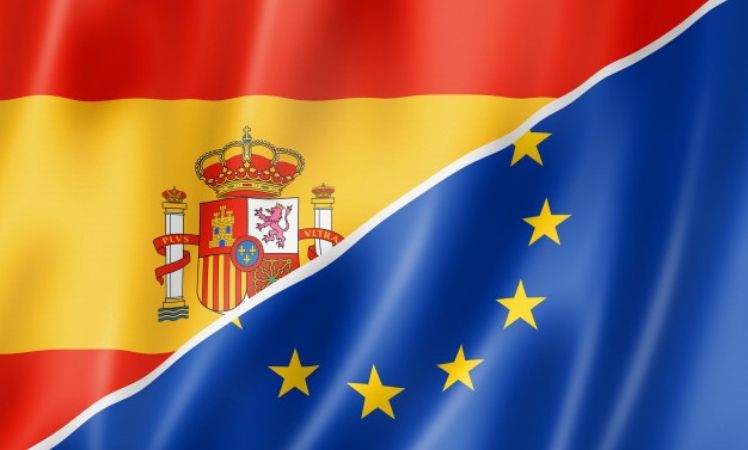Conflicts of Spanish Diplomacy
International Relations
Spanish Diplomacy must ensure, at the same time, the interests of the country it represents and also the relationships it maintains with others. In this duplicity of functions lies their difficulty, because they often do not marry their own interests with those of others. It should also be remembered that, colloquially, diplomacy is a concept related to skill, sagacity and even dissimulation, the combination of which is precisely what should help to avoid a crisis between countries or, if it occurs, to get out of it well. It is true that, faced with a conflict, the superior power of one country may leave the others little room for maneuver. In particular when gunboat diplomacy was applied, with which the colonial power intimidated countries whose goods it coveted.
Main Challenges
These words are about two issues that have transpired this week and that pose challenges for Spanish diplomacy. The first, in order of appearance, was the dissemination of a letter signed by 41 senators from different French parties (12% of the total 348 seats in the French Senate) in which the “repression” suffered by the leaders of the process was denounced. Catalan independentist. The second was the request sent by the President of Mexico to the King of Spain to apologize for the abuses registered in the conquest of that country by Hernán Cortés.

The letter of the 41 senators affirms, among other things, that “legitimate elected officials” of the Generalitat have been “imprisoned or forced into exile for their opinions in the exercise of the mandates entrusted to them by the voters.” It is known that this does not conform to reality, since these people are not judged or persecuted for their opinions, but for their violation of the legal framework. For this reason, and also because the note issued on Monday by the Ministry of Foreign Affairs of the neighboring country where it recalls its “strict respect for Spanish constitutional norms” limits the possibility of a Spanish-French struggle for this cause, it is possible that the conflict diplomat ends here. Even more so if Spanish diplomacy avoids over-acting like those it has already lavished before for similar reasons.
The Mexican petition, on the other hand, may have more travel. Because the commemorative events of the fifth centenary of the arrival of Cortés will last until 2021. Because Mexico is not the only country that Spain conquered in Latin America. Because indigenous sensitivity has gained ground. And because the way in which Mexican President López Obrador has put it has not been a prodigy of diplomacy: instead of putting Spain before a demand, it could have quietly negotiated a solution that would satisfy both parties without bothering either. Perhaps this procedure does not mesh with a populist style of government. But it would certainly have borne better fruit for everyone.
The colonialism that the old nations of Europe once practiced on the remaining continents is, seen from the perspective of the 21st century, an inadmissible system of political and economic domination. Faced with this irremediable fact, a country with a colonial past can make an eminently symbolic act of public contrition. But perhaps it is more useful for all countries to coordinate international efforts to fight other more sibylline, and no less harmful, forms of colonialism that unfortunately characterize the present.

William is a writer specializing in international relations and diplomatic affairs. His work focuses on analyzing global policies, fostering cross-cultural understanding, and providing insights into diplomatic strategies and developments.
